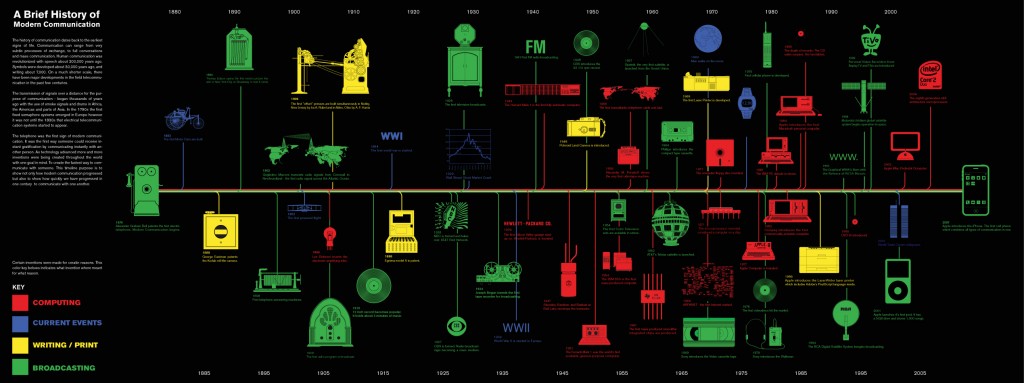
Call for Papers for the forthcoming Young language Learners Symposium to be held in July 2016, at the University of Oxford.
Young Language Learners (YLL) Symposium 2016
Department of Education, University of Oxford University
July 6th – 8th, 2016
Email: YLL2016@education.ox.ac.uk
Call for Papers
The organizing committee of the YLL Symposium 2016 invites the submission of abstracts on any research-oriented topic relating to the learning of a foreign, second or additional language by learners of primary school age or younger.
Presentation Format
Oral Presentations (individual or co-authored papers) to be given in a 20-minute oral presentation plus 10 minutes of discussion.
Poster Presentations (individual or co-authored papers). Posters should be prepared for A0 (841 x 1189 mm).
Submission Guidelines
• The word limit for abstracts is 350 words
• The total number of presentations per participant as first presenter should be no more than two, including a combination of oral presentation and/or poster presentation.
To submit an abstract please click here: https://easychair.org/conferences/?conf=yll2016 You will need to create an account if you do not already have one. This can be done here: https://www.easychair.org/account/signup.cgi
Important Dates:
Deadline for submission of abstracts: January 30th, 2016
Notification of acceptance: by March 14th, 2016
*****************************************
Victoria A. Murphy, PhD | Professor of Applied Linguistics
Department of Education | University of Oxford
15 Norham Gardens | Oxford | OX2 6PY | UK
Tel: +44(0)1865 274042 | Fax: +44(0)1865 274027
REAL GROUP: http://www.education.ox.ac.uk/research/applied-linguistics/r-e-a-l/
For NALDIC, the subject association for EAL – www.naldic.org.uk
Young Language Learners 2016 Conference: http://www.education.ox.ac.uk/research/applied-linguistics/the-young-language-learners-yll-symposium-2016/




